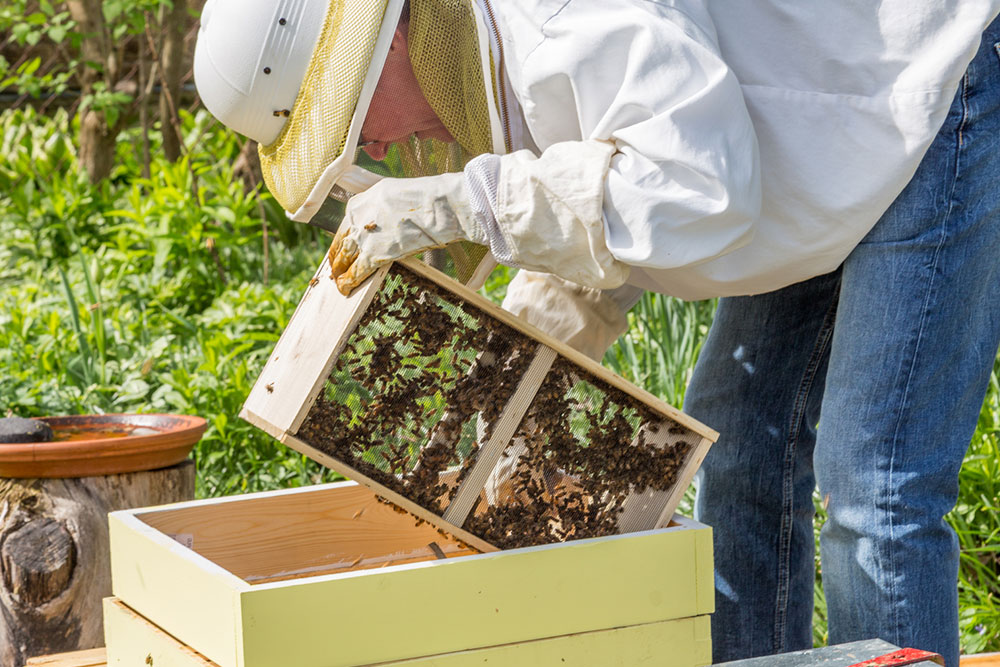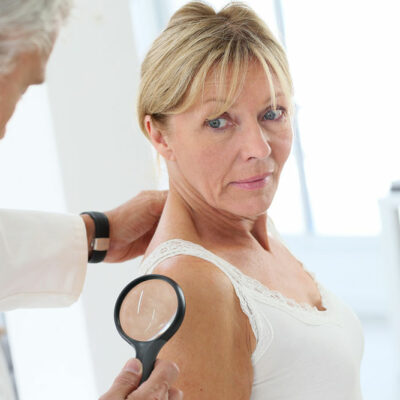
Ways to treat and prevent hives
Skin is one of the largest external organs in the body. On a daily basis, our skin comes in direct contact with a lot of things that could either be sanitized or dirty. Fortunately, the immune system of our body constantly protects every organ, the skin in this context, from foreign substances that could prove to be harmful to our body. However, at times, due to several reasons, some people get exposed to certain allergens that cause the skin to get hives. Hives are medically known as urticaria, which is an outbreak of swollen red- or skin-colored bumps that appear like skin rashes and are itchy in nature.
Appearance and characteristics
When a person is suffering from hives, their body will appear to have several raised and itchy bumps with a skin- or red-colored surface. Upon applying pressure on the hives, they can appear to be blanching, and the red hives turn white when pressed.
An important thing to know about hives is that it can appear on any part of the skin and can change its shape. Hives also appear and disappear or reappear over short periods of time. Hives are either acute (short-lived) or chronic (long-term); in either case, they don’t cause any harm to the body unless they appear in the throat and the swelling causes restrictions in breathing. In this case, it is advised that the patients seek immediate medical attention.
Causes and triggers
Doctors haven’t found the exact cause of hives as they can be caused by an allergen or an allergy that one might have. It can also be a result of certain hormonal changes. In some cases, the cause could be certain emotional changes as well. Other triggers may include a sudden or extreme change in temperature, sun exposure, alcohol, caffeine, or stress.
Treating and preventing hives
As there are very few medical treatments available for hives, people can try certain home remedies that can help them control the painful symptoms and, eventually, treat hives. Along with the medications prescribed by a doctor, one can try these home remedies, which can also be used as preventive measures for chronic hives.
- Cold compress : Applying a cool damp cloth to the affected area can provide immediate relief from itchiness and even help reduce the inflammation. This remedy can be used as often as necessary.
- Anti-itch solution bath : There are several natural anti-itch ingredients that can be used to make an anti-itch solution bath. One can bathe in a water solution of oatmeal and baking soda as they help soothe the skin and reduce irritation.
- Aloe vera application : Aloe vera is considered a medicinal herb in many places and is used to naturally reduce inflammation and fight bacteria.
- Avoid irritants : There are several irritants that patients might use on a daily basis without realizing that they could be worsening their condition. Some common irritants include perfumes and fragranced soaps and creams. It is also important to stay in the shade and ensure that you’re wearing the right SPF. Additionally, one must wear loose and comfortable clothing till the hives subside.


